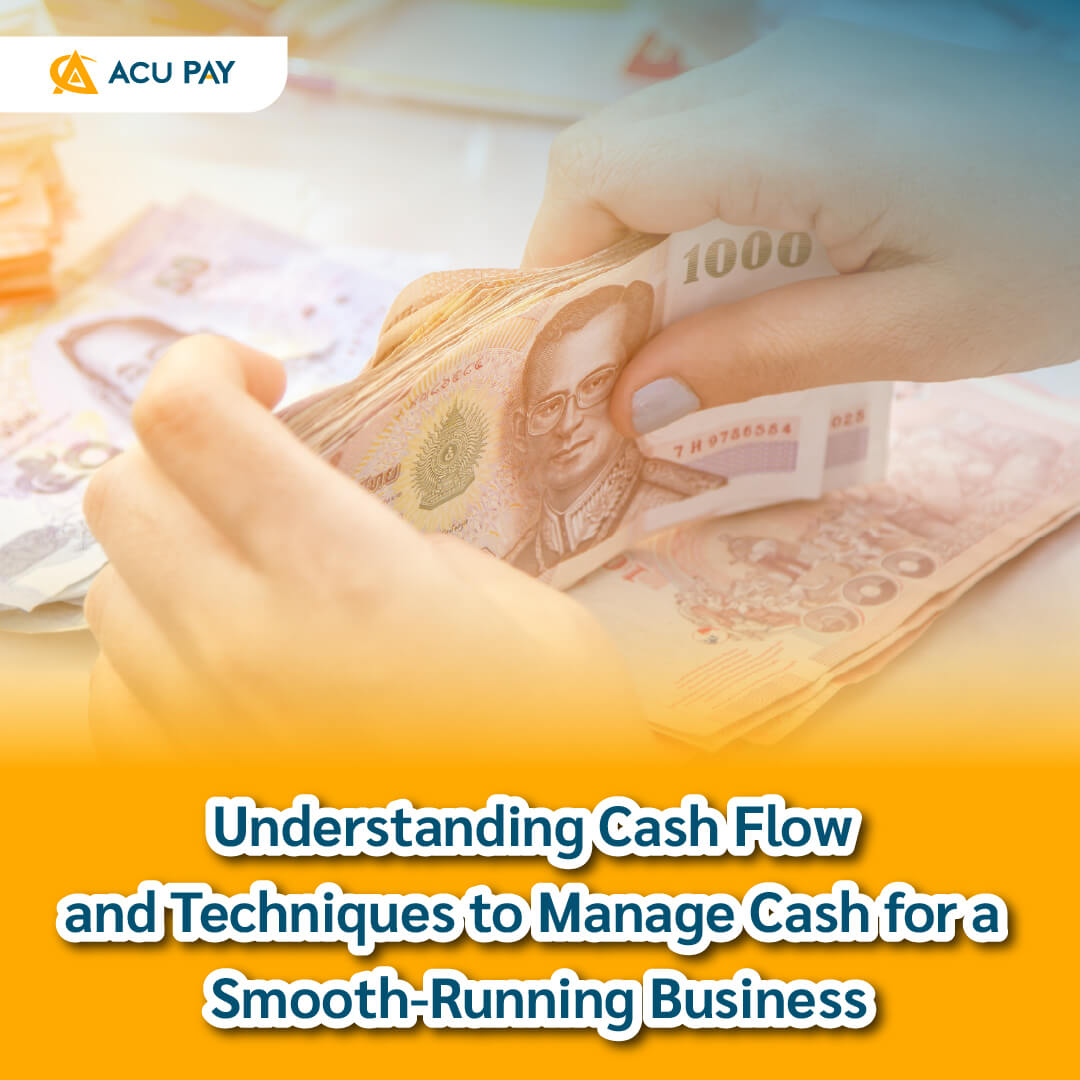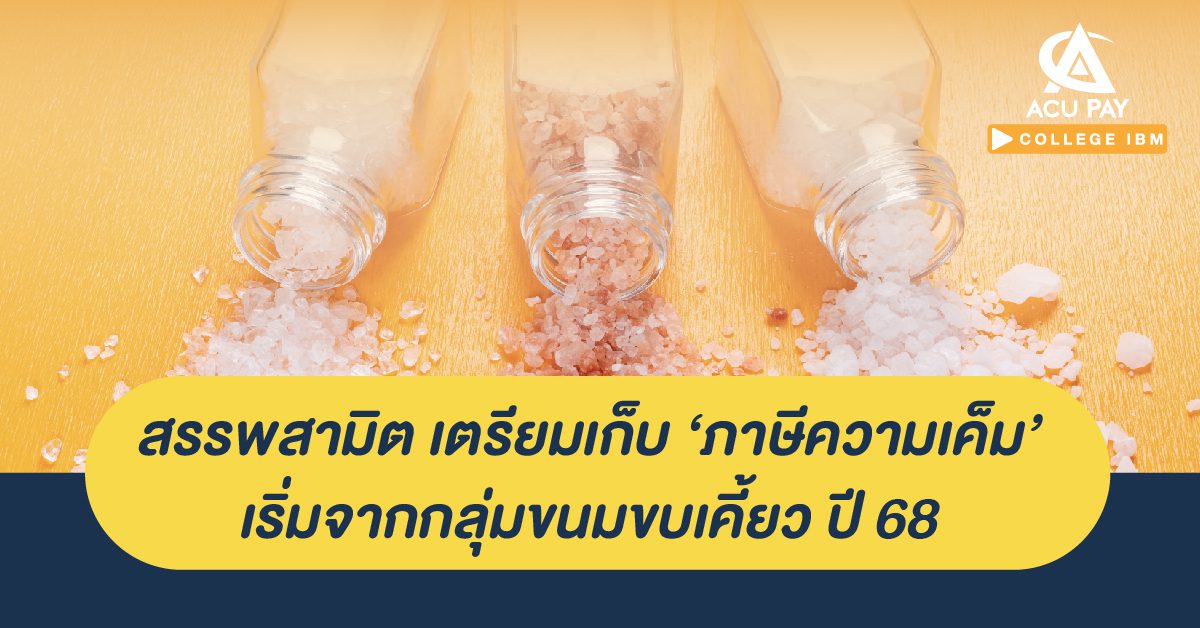

Ms. Kulaya Tantitemit, Director-General of the Excise Department, revealed that in the fiscal year 2024, the Excise Department’s revenue collection was 532.6 billion baht, and in 2025, it is set to increase by 16% to 609 billion baht which is a challenging goal.
The Excise Department continues its ESG (Environment, Social, Governance) policy to sustain and support economic growth by focusing on modernizing, transparent, verifiable, and human resources development in line with future changes.
E and S (Environment and Social) will focus on expanding the tax base to promote environmentally and socially friendly products. Governance will focus on streamlining the Excise Department’s revenue collection process in terms of administration, taxation, suppression, and improvement of laws and regulations. As well as the integration of cooperation and communication with the private sector, the public sector, and other sectors to build mutual understanding and acceptance.
Ms. Kulaya said that in terms of tax policy, excise tax will be used as a sustainable tool. Salty tax or sodium tax is being studied. The first group of ready-to-eat products and snacks to start with a progressive tax, as well as a sweet tax, is expected to be implemented in 2025.
The Salty Tax will be a tax aimed mainly at public health. Currently, Thais consume more than twice the international standard. Therefore, to encourage Thais to consume less sodium, the Excise Department has prepared to pay a higher sodium tax or salty tax.
The Excise Department aims to use tax as a key tool for sustainability by taking into account income balancing and promoting a sustainable economy and improving the country’s competitiveness.
Revision of regulations by promoting and supporting the community liquor industry to build up local wisdom into a competitive and standardized small and medium-sized industry.
In addition, in terms of policies to increase tax administration efficiency, Dr. Kulaya Tantitemit, the director general of the Excise Department, said that various issues are underway.
The Excise Director-General emphasized that the Excise Department is prepared to integrate policies, laws, personnel development, and information technology systems in the same direction in order to implement the government’s policies, focusing on achieving sustainability and balance of income and economic growth, as well as enhancing Thailand’s competitiveness.

MAKE A GREAT DAY WITH ACU PAY